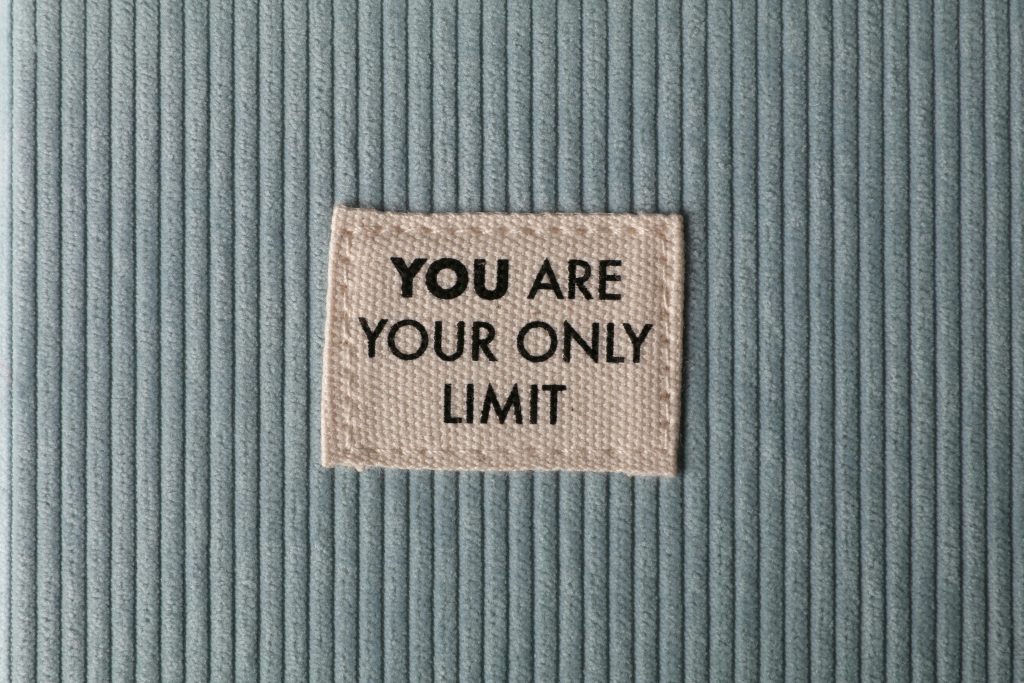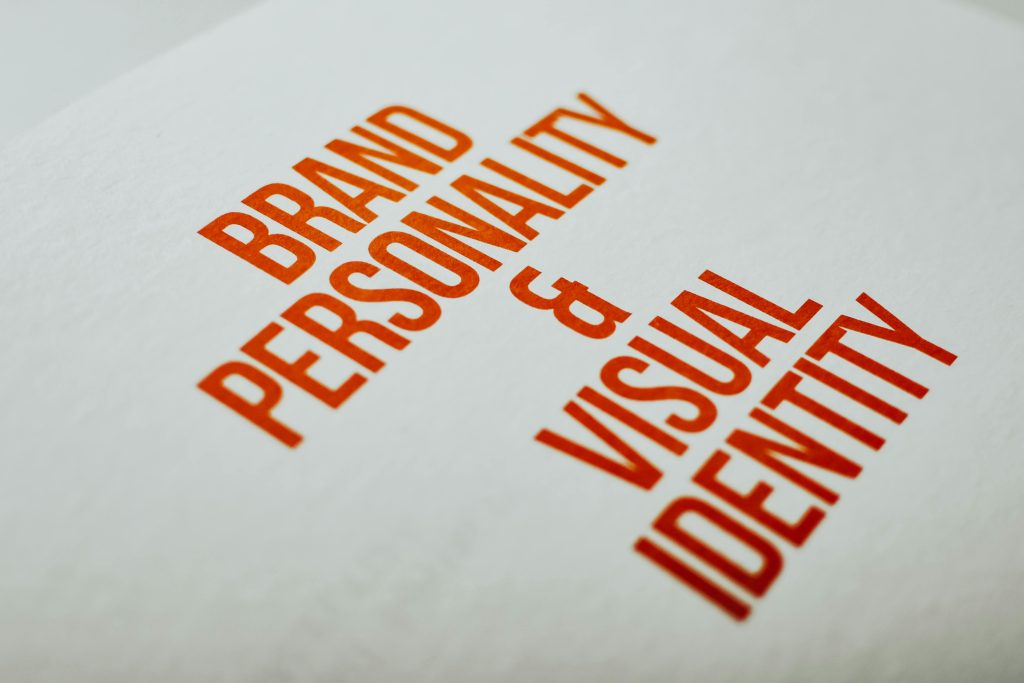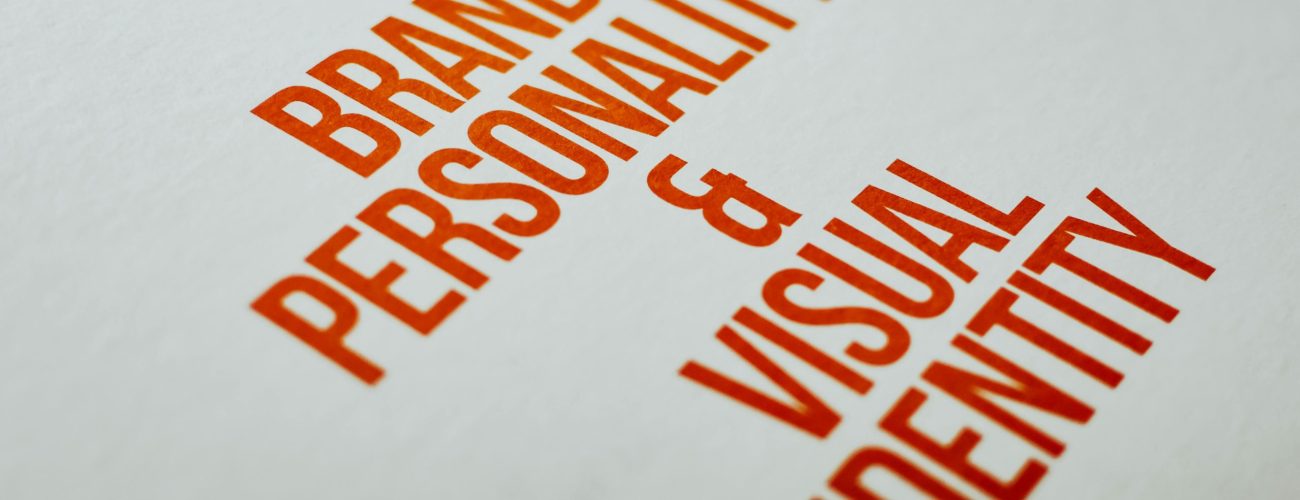Introduction
In a crowded market, it’s not just what you do—it’s how you make people feel. That’s why defining your startup’s brand personality is essential to standing out, connecting with customers, and building long-term loyalty. Your brand personality shapes your tone of voice, design style, and customer interactions—it’s the human element behind your business.

At ThinkHero, we help purpose-driven startups craft strategic, authentic brands. In this article, we explore the key questions you should answer to define your brand personality, and how to apply those insights to your branding, marketing, and culture.
What Is Brand Personality?
Brand personality is the set of human traits and characteristics attributed to your brand. It’s how your brand “behaves” in the world—your tone, style, and attitude.
A well-defined brand personality makes your startup:
- More memorable
- Easier to relate to
- More consistent across channels
- More likely to attract the right audience
Whether your brand is bold, friendly, sophisticated, rebellious, or quirky—defining that identity intentionally helps every part of your business align around a shared expression.
Why Startups Need a Strong Brand Personality
Startups often rely on trust and emotion to attract early users or investors. Without established history or market dominance, your brand personality becomes your first impression.
It:
- Differentiates you from competitors with similar offerings
- Builds emotional connection before product loyalty
- Attracts customers who share your values or worldview
- Shapes internal culture and team alignment
A clear personality helps you avoid being generic—and gives people a reason to choose you.
10 Key Questions to Define Your Startup’s Brand Personality
Here’s a framework of powerful questions to help you build a distinctive, intentional brand personality.
1. If Your Brand Were a Person, What Kind of Person Would It Be?
This classic question humanizes your brand. Think beyond demographics—focus on traits, behaviours, and values.

- Is your brand casual or formal?
- Adventurous or cautious?
- Analytical or emotional?
- Minimalist or expressive?
Try describing your brand in 3 adjectives.
Example:
A brand that’s empathetic, witty, and trustworthy.
2. What Emotions Do You Want Customers to Feel When They Interact With You?
Emotions drive decisions. Define the emotional tone your brand should evoke.
- Inspired?
- Confident?
- Safe?
- Challenged?
- Energised?
Align your messaging and design to evoke those emotions consistently.
3. What Are Your Core Values?
Your values shape your brand’s behaviour and decision-making. They guide:
- Customer service tone
- Hiring and culture
- Social impact efforts
- Partnerships and messaging
List 3–5 non-negotiable values and explain what they mean in practice.
4. Who Are You Talking To—and How Do They Want to Be Spoken To?
Understanding your audience is key to shaping tone.
- Are they tech-savvy millennials or corporate professionals?
- Do they want straight talk or playful banter?
- Do they expect simplicity or sophistication?
Tip: Use personas or surveys to better understand your ideal customer’s language preferences.
5. What Brands Inspire You—and Why?
Studying brands you admire can clarify your own identity.

- What do you like about their style or tone?
- How do they express their personality through design or copy?
- What might you do differently?
Create a brand mood board for visual and verbal inspiration.
6. What Do You Want to Be Known For?
This question gets to the core reputation you’re trying to build.
- Innovation?
- Reliability?
- Humor?
- Leadership?
- Human-centred design?
Think long-term—how should people describe your brand after using your product or service?
7. What Are You Not?
Defining what your brand isn’t is just as important as defining what it is.
- Not corporate?
- Not trendy?
- Not aggressive?
This helps set boundaries and avoid mixed messaging.
8. How Do You Speak (Tone of Voice)?
Your tone of voice expresses your personality in words.
- Are you conversational or authoritative?
- Energetic or calm?
- Formal or casual?
Document tone guidelines for:
- Website and product copy
- Social media posts
- Customer support
- Email communication
9. How Does Your Visual Identity Support Your Personality?
Your colours, typography, logo, and imagery all communicate personality.

- Bright and bold vs. muted and refined?
- Rounded typefaces vs. sharp geometric fonts?
- Abstract vs. literal imagery?
Visual identity must align with the traits and emotions you defined earlier.
10. How Will You Maintain Consistency as You Grow?
As your startup scales, consistency becomes harder—and more critical.
Create a brand style guide that outlines:
- Your personality traits
- Tone of voice
- Visual language
- Do’s and don’ts
Train your team and partners to use it across every customer touchpoint.
Conclusion
Your brand personality isn’t just a creative exercise—it’s a strategic foundation that shapes how your startup is perceived, remembered, and trusted. By answering these ten key questions, you’ll define a personality that aligns with your mission, resonates with your audience, and guides every decision from marketing to product to team culture.

At ThinkHero, we help startups turn vision into voice, values into visuals, and passion into a brand personality that drives impact. Whether you’re building from scratch or refining your existing identity, start with questions that matter—and build a brand people remember.
